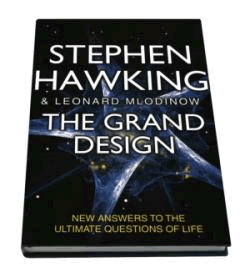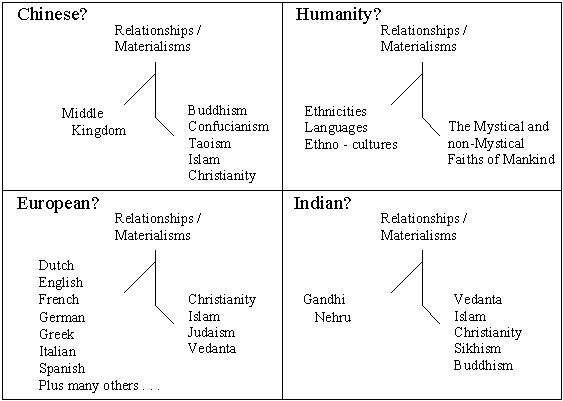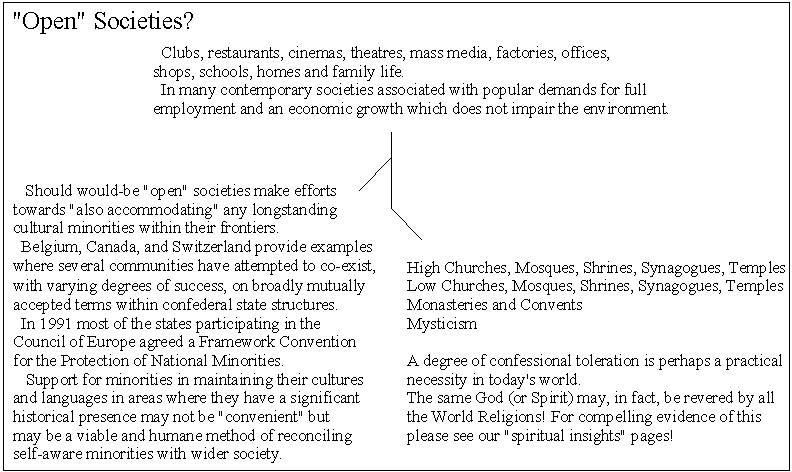
stephen hawkings quotations quotes
philosophy is dead stephen hawking quotations stephen hawkings quotations quotes |
| Home > Philosophy is Dead ~ Professor Stephen Hawkings quotations quotes |
|

 The have been two notable instances recently of Professor Stephen Hawking, perhaps the most famous scientist of the day,
going so far as to pronounce that philosophy is dead.
The have been two notable instances recently of Professor Stephen Hawking, perhaps the most famous scientist of the day,
going so far as to pronounce that philosophy is dead.
The first of these occured in Stephen Hawkings recent book, The Grand Design: new answers to the ultimate questions of life (co-authored with Leonard Mlodinow and on sale from early September, 2010). Chapter I ~ The Mystery of Being ~ actually begins on this theme:- We each exist for but a short time, and in that time explore but a small part of the whole universe. But humans are a curious species. We wonder, we seek answers. Living in this vast world that is by turns kind and cruel, and gazing at the immense heavens above, people have always asked a multitude of questions: How can we understand the world in which we find ourselves? How does the universe behave? What is the nature of reality? Where did all this come from? Did the universe need a creator? Most of us do not spend most of our time worrying about these questions, but almost all of us worry about them some of the time.The second instance of Stephen Hawkings pronouncing on this theme was delivered during his forty-minute presentation on the subject "Why are we here?" given at an high profile "Google Zeitgeist" sponsored conference held in Hertfordshire, close to London, on 16 May, 2011 and was, ~ to a large degree, ~ a re-statement of the opening selection from "The Grand Design" as already quoted. During his presentation Stephen Hawking said that fundamental questions about the nature of the universe could not be resolved without hard data such as that currently being derived from the Large Hadron Collider and space research. "Most of us don't worry about these questions most of the time. But almost all of us must sometimes wonder: Why are we here? Where do we come from? Traditionally, these are questions for philosophy, but philosophy is dead," he said. "Philosophers have not kept up with modern developments in science. Particularly physics." Prof Hawking went on to claim that "Scientists have become the bearers of the torch of discovery in our quest for knowledge." He said new theories "lead us to a new and very different picture of the universe and our place in it".
|
| ||||||||||||||||||||
"You will hear things like, "Science doesn't know everything." Well, of course science doesn't know everything. But, because science doesn't know everything, it doesn't mean that science knows nothing. Science knows enough for us to be watched by a few million people now on television, for these lights to be working, for quite extraordinary miracles to have taken place in terms of the harnessing of the physical world and our dim approaches towards understanding it. And as Wittgenstein quite rightly said, "When we understand every single secret of the universe, there will still be left the eternal mystery of the human heart."
Stephen Fry quoting Wittgenstein during a Room 101 TV program

Religion deals with the truths of the metaphysical world just as chemistry and the other natural sciences deal with the truths of the physical world. The book one must read to learn chemistry is the book of nature. The book from which to learn religion is your own mind and heart. The sage is often ignorant of physical science, because he reads the wrong book - the book within; and the scientist is too often ignorant of religion, because he too reads the wrong book - the book without.
Vivekananda
The eminent Indian holy man Vivekananda, (actually a name-in-religion suggestive of "the bliss of discerning wisdom"), lived between 1863-1902. He personally made a massively favorable impression upon the World Congress of Religions held in Chicago in 1893 and is credited with being a key figure in the broader introduction of Indian philosophy to the Western world.
You can find key insights here at Age-of-the-Sage,
(from the Great Faiths, Plato, Socrates,
Pythagoras, and Shakespeare!!!),
that give convincing support to the above depiction of Human Nature!!!
Believe it or not even SCIENCE seems to agree with this view!!!
"...man is a bundle of relations, a knot of roots,
whose flower and fruitage is the world..."
Ralph Waldo Emerson

"Whatever concept one may hold, from a metaphysical point of view, concerning the freedom of the will, certainly its appearances, which are human actions, like every other natural event, are determined by universal laws. However obscure their causes, history, which is concerned with narrating these appearances, permits us to hope that if we attend to the play of freedom of the human will in the large, we may be able to discern a regular movement in it, and that what seems complex and chaotic in the single individual may be seen from the standpoint of the human race as a whole to be a steady and progressive though slow evolution of its original endowment."
Immanuel Kant
Idea for a Universal History from a Cosmopolitan Point of View (1784)
Or to quote Emerson, from his famous Essay ~ History more fully:-
"In old Rome the public roads beginning at the Forum proceeded north, south, east, west, to the centre of every province of the empire, making each market-town of Persia, Spain, and Britain pervious to the soldiers of the capital: so out of the human heart go, as it were, highways to the heart of every object in nature, to reduce it under the dominion of man. A man is a bundle of relations, a knot of roots, whose flower and fruitage is the world. His faculties refer to natures out of him, and predict the world he is to inhabit, as the fins of the fish foreshow that water exists, or the wings of an eagle in the egg presuppose air. He cannot live without a world."
![]()
"There is one mind common to all individual men....
....Of the works of this mind history is the record. Man is explicable by nothing less than all his history. All the facts of history pre-exist as laws. Each law in turn is made by circumstances predominant. The creation of a thousand forests is in one acorn, and Egypt, Greece, Rome, Gaul, Britain, America, lie folded already in the first man. Epoch after epoch, camp, kingdom, empire, republic, democracy, are merely the application of this manifold spirit to the manifold world."
From Ralph Waldo Emerson's Essay ~ History
![]()
"Mankind are so much the same, in all times and places, that history informs us of nothing new or strange in this particular. Its chief use is only to discover the constant and universal principles of human nature."Does all of this psychological and philosophical insight demonstate that Hawking and Mlodinow's assertion that ~ philosophy is dead ~ rather overstates the case?
David Hume
We have prepared some fairly meaty, but hopefully entertaining, pages about a most informative episode in European History in the spirit of attempting to learn worthwhile lessons of history about The Human Condition!!!
The European Revolutions of 1848
![]()
|
| |
![]()
|
| |
Return to start of
Philosophy is Dead
Professor Stephen Hawkings quotations quotes